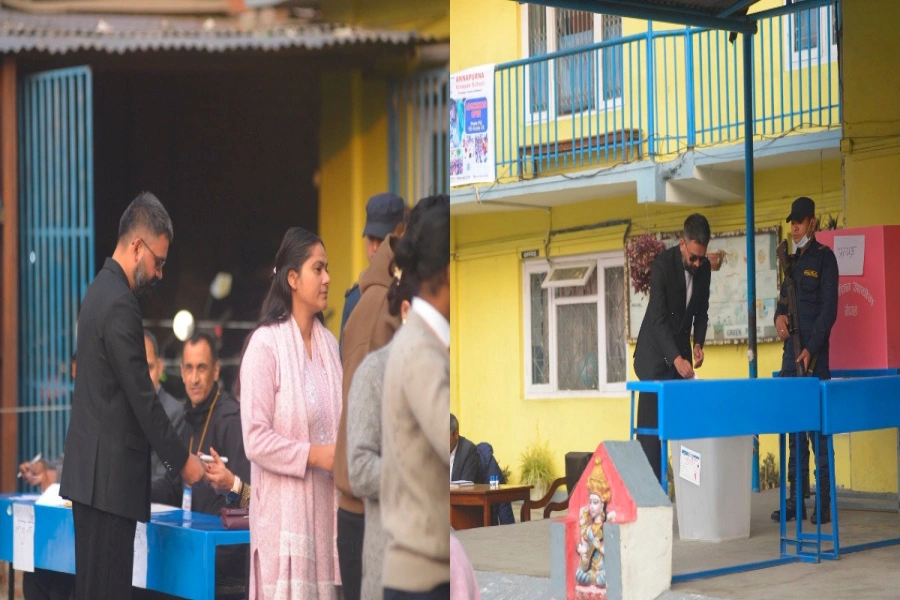Article 4 (1) of the Interim Constitution (2007) defines Nepal as "an independent, indivisible, sovereign, secular, inclusive and a fully democratic State." In the secular state of Nepal, according to Article 23, "every person shall have the right to profess, practice and preserve his/her own religion as handed down to him/her from ancient times" with due regard to "social and cultural traditional practices." The same article bans forcible conversion and gives every religious denomination "the right to maintain its independent existence." The Interim Constitution also repeatedly emphasizes that there shall be no discrimination of any kind on the basis of someone's religious belief. Yes, it does not explicitly say that the state will not give preference to one religion, but this much is understood, as is evident from the conduct of successive governments which have largely refrained from being seen as directly sponsoring a religion since 2007. This being the case, the new fuss over whether Nepal should be declared a country where there is "freedom of religion" instead of a "secular" country in the new constitution is hard to understand. Why try to fix something that isn't broken?Those who want to change the country's secular character are clearly uncomfortable that Nepal, where the overwhelming majority (over 81 percent according to last census) of the population are Hindus, should be declared a country "neutral" to all religions. For them secularism is a concept that found a place in the Interim Constitution at the behest of conniving foreigners. Nepal's status as the "only Hindu state in the world" should be restored, in their reckoning, because not doing so is to forget, even look down upon, Nepal's rich 'Hindu' tradition and culture. We support this argument to the extent that Hinduism is a religion that has been practiced in Nepal since ancient times and the majority of Nepalis find comfort and solace in it. Like the anti-secularism brigade, we are also troubled by the recent wave of forced conversions to other faiths, chiefly Christianity (this is, of course, excluding many who may have converted of their volition). Where we differ from those arguing for the restoration of the Hindu state, or for the changing the provision of secularism included in the Interim Constitution, is that a functioning democracy accommodates not just the views of the majority, but even (or especially) the views of its vulnerable minorities. This is the reason modern nation-states, melting pots of many religions, have a clear division between the church and the state.
But not having an official state religion should not prevent anyone, including public officeholders, from practicing the faith of their choosing. Although the US does not have a state religion, its President still takes his oath of office by placing his hand on the Bible. Narendra Modi, even as the leader of the biggest officially secular country in the world, continues to practice his religion while in office. So if our prime minister or President is a devout Hindu (or a devout Christian or a devout Muslim, for that matter), he/she should have the right to practice the relevant rites associated with the religion. This is a fundamental human right. But, again, this cannot be an argument in favor of a state-sponsored religion or for tinkering with Nepal's secular, inclusive character. The onus is surely on those who want to change Nepal's secular status to come up with compelling reasons do so. So far, there has been none.
ICC T20 World Cup: England set Nepal a challenging 185-run targ...




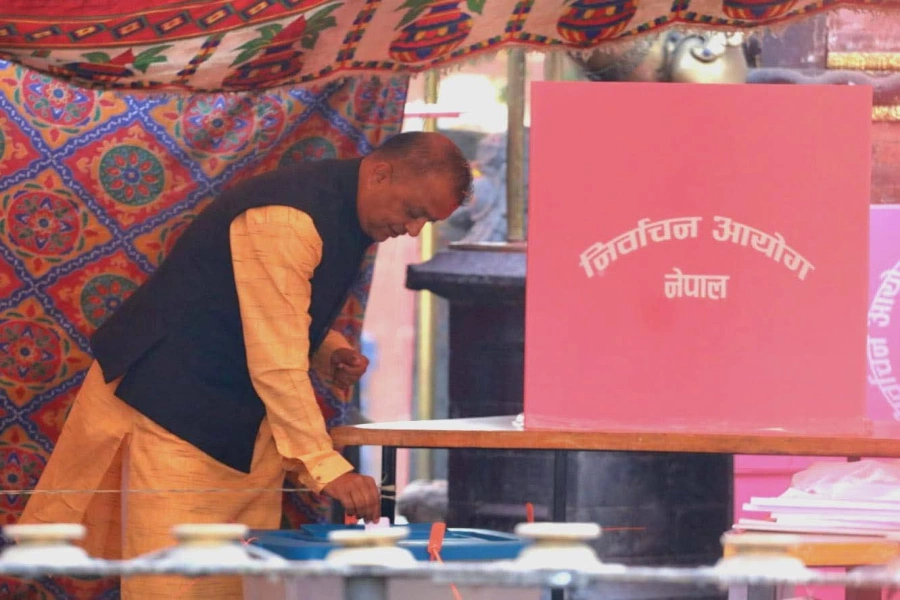











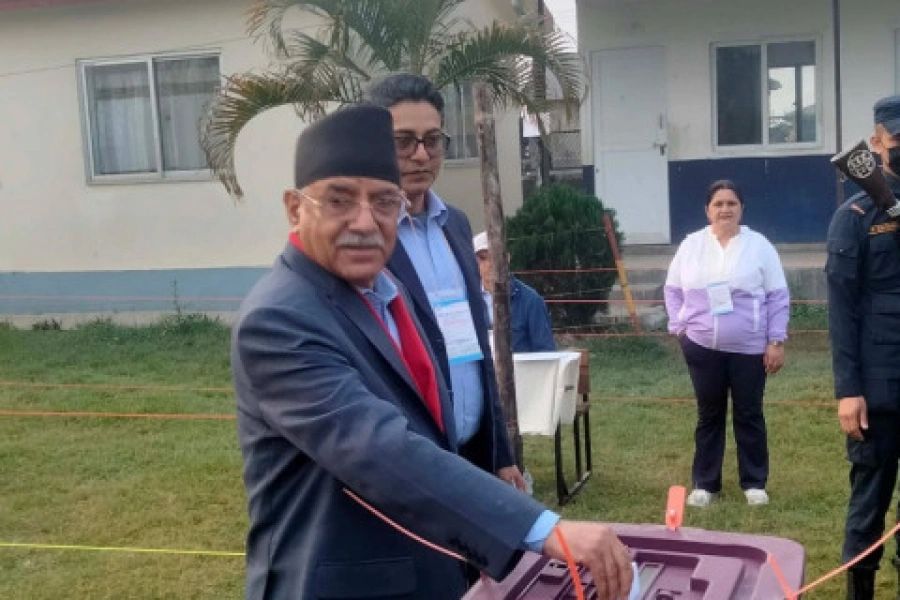
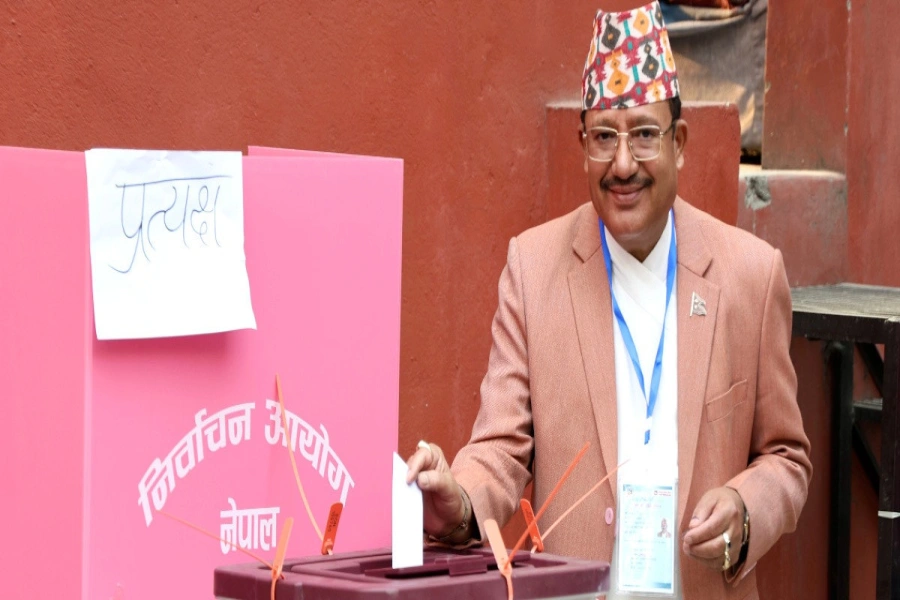
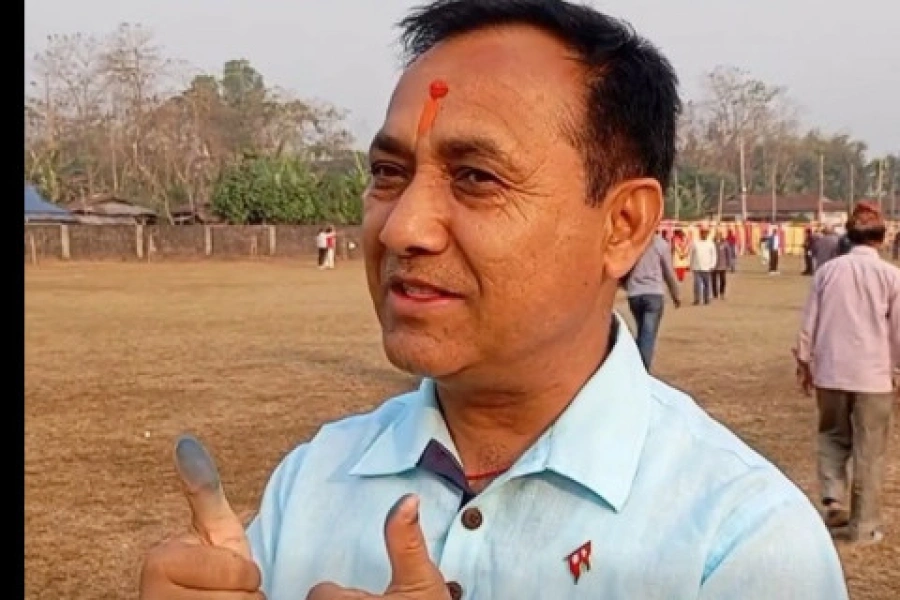
-1200x560-1772642762.webp)
